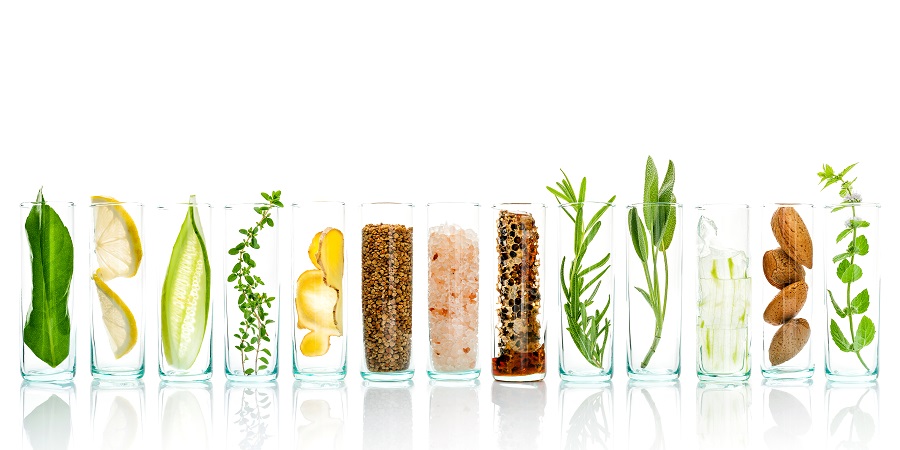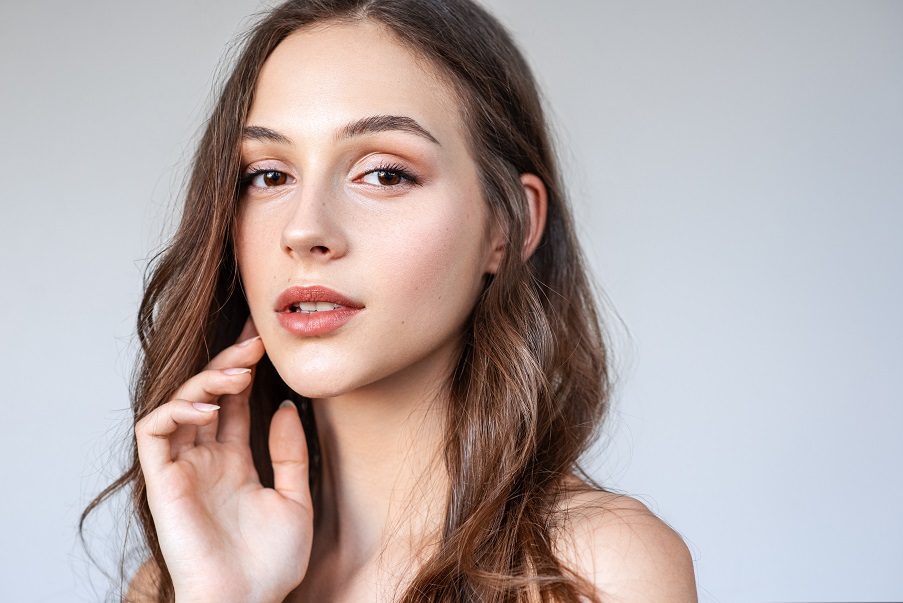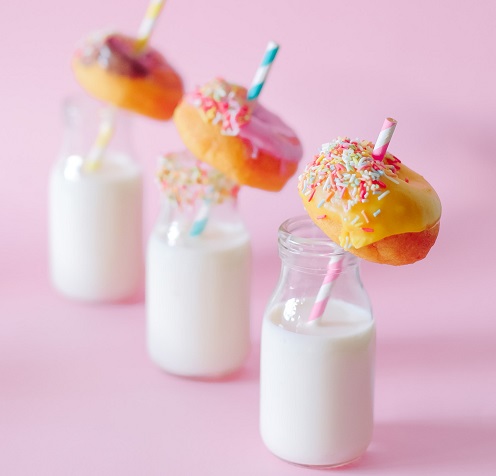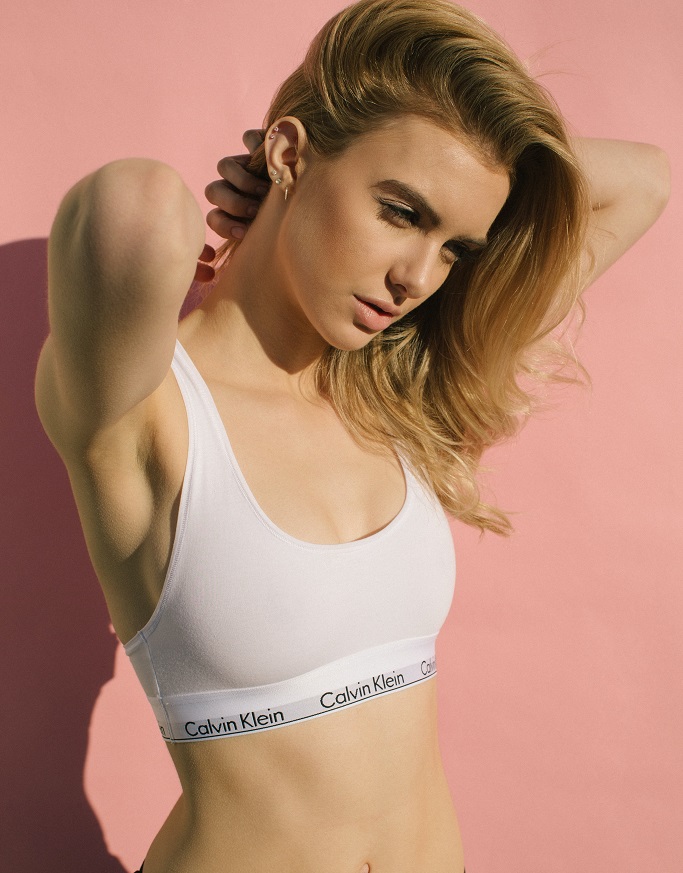Uncategorized
IS ALCOHOL IN COSMETICS BENEFICIAL OR HARMFUL TO THE SKIN?
Alcohol – one of the most commonly known cosmetic ingredients, is irritating to the skin, making it more sensitive. However, is alcohol completely bad? Why is alcohol still used in cosmetics? Are non-alcoholic products better than alcohol-based products?
Definition of alcohol
Alcohol (Alcohol) is an organic compound, located in metylic homogeneous, flammable, colorless, this is a substance in alcoholic beverages. In life, we often simply refer to it as alcohol. In chemistry, alcohol is the chemical with the OH group, there are also chemicals that although the OH group is but not alcohol.
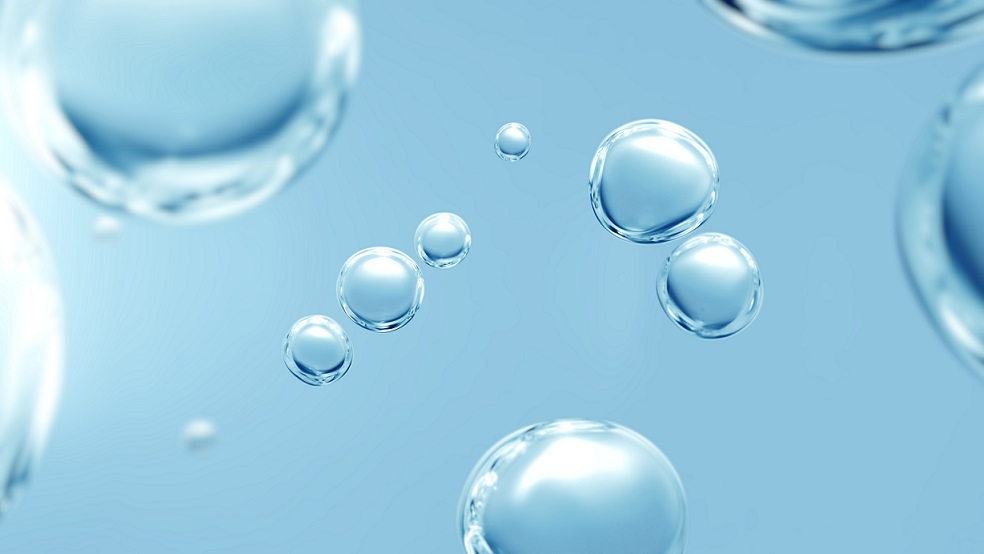
Alcohol is divided into 2 main categories:
- Fatty Alcohols (Fatty Alcohols)
Fatty alcohol is produced from fatty acids, which are usually obtained from vegetable sources such as coconut oil, palm oil, or petroleum so it does not harm the skin but is also good for the skin. Therefore, fatty alcohol is also known as good alcohol.
Some common fatty alcohols are commonly found such as: Cetyl Alcohol, Stearyl Alcohol, Lanolin Alcohol, Arachidyl Alcohol, Cetearyl Alcohol, Acetylated Lanolin Alcohol, Myristyl Alcohol, Behenyl Alcohol, …
- Dry alcohol (Drying Alcohols)
Dried alcohol is more commonly used in cosmetics, this type has anti-bacterial and antiseptic properties in medicine. Cosmetic products using dry alcohol, products containing dry alcohol often only bring benefits quickly and the consequences are long-term. This is also the reason why this alcohol is also known as bad alcohol. Dry alcohol makes the skin dry, quickly eroded, thinning the skin, from which the skin is easily irritated, in a short time users can see fresh, but in a long time, the skin will be weakened.
The names of dry alcohol you can easily detect when reading the ingredients table include: Alcohol (generic name), SD Alcohol, Ethanol, Isopropyl Alcohol, Denatured Alcohol, Methanol, Alcohol Denat, Polyvinyl Alcohol, Ethyl Alcohol, Benzyl Alcohol , Methyl Alcohol, …
- In addition, there are some other uncommon types of alcohol such as Behenyl Alcohol, Decyl Alcohol, Batyl Alcohol, Lauryl Alcohol,… There are a few products that also appear in these ingredients but the content is not high.
Why use alcohol in cosmetics?
Fatty alcohols are often added to dry skin care products, making the skin softer, soothing dry flaky skin, increasing elasticity and maintaining the skin’s essential moisture. However, the texture of products containing fatty alcohol is often thick, which is not pleasant to use.
Using dry alcohol in cosmetic products helps the products dry quickly, absorb more quickly, and dissolve the skin’s natural oils. For oily skin, alcohol-based products will leave the surface of the skin dry, feeling light and comfortable. However, using high concentrations and long-term damage to the skin, making the skin unbalanced, producing a lot of oil, can cause the skin to lose its ability to replace cells, and the skin is increasingly dull. color, fast aging.

Therefore, depending on skin type and alcohol concentration, dry alcohol products can be harmful or beneficial. For example, products with low dry alcohol content, with nourishing ingredients such as Glycerin, Niacinamide, … will be beneficial for combination skin, on the contrary, products with high dry alcohol concentration when dry skin is used for a long time It can make skin drier, which speeds up aging.
From a cosmetic manufacturer’s perspective, fatty alcohol helps to improve the viscosity and thickness of the product. Dry alcohol has a number of effects such as a good antiseptic, preservative for the product, preventing the crystallization of ingredients, helping the product have a lighter texture, and better penetrate the skin.
Typical cosmetic products that use dry alcohol are toners and sunscreen. The alcohol in these two products helps to dry the oil on the surface, helping the product absorb quickly, avoiding the loss of aesthetics.
Skin types should not use products containing alcohol
From the benefits and harms of alcohol, depending on the skin type, it is also important to avoid using products containing alcohol, specifically:
- Dry skin, combination skin, absolutely dry skin should avoid products containing high concentrations of dry alcohol because it will make the dry skin worse.
- Oily skin, natural oils should avoid products containing fatty alcohol in high concentrations because it can clog pores, causing acne.
- For sensitive skin, should not use alcohol-containing products to avoid irritation, redness. Instead, choose mild alcohol-free products.
What to do when facing an alcohol allergy?
When the skin appears allergic symptoms such as: redness, burning, worse may be stinging, inflamed pimples, .. you should calmly handle by:
- Stop using alcohol-based products: Check the ingredients sheet for the product you use against the alcohol listed above to find out if the product contains alcohol and stop using it.
- Remove make-up and clean face: Carry out makeup remover and face wash to no longer deposit irritating products on the skin.
- Use a soothing mask: You can use natural masks such as aloe vera mask, cucumber mask, tomato mask, … Or use a benign ingredient paper mask to hydrate. soothes the skin.
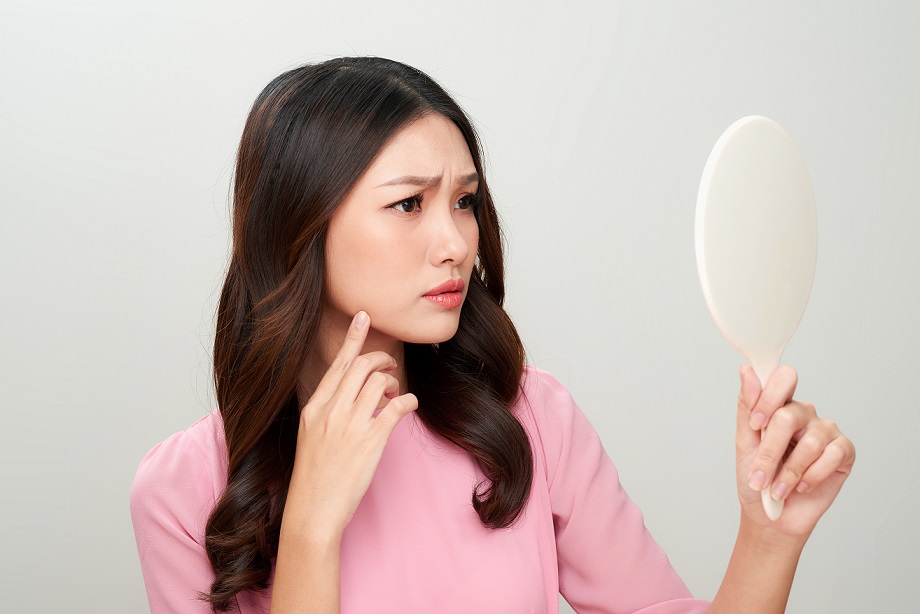
- Drink more water, eat lots of vegetables and fruits: Drink plenty of water, eat lots of vegetables and fruits to enhance immunity, reduce dry, flaky and itchy skin, provide the skin with essential vitamins and minerals.
Thus, alcohol in cosmetics does not affect health, if you know how to choose and use it wisely, it will also benefit your skin.
So, be alert when choosing cosmetics and choose the one that best suits your skin



